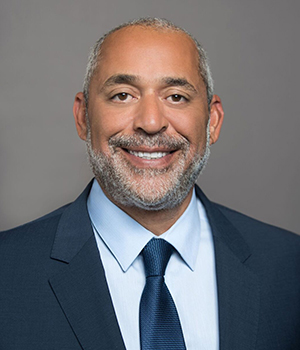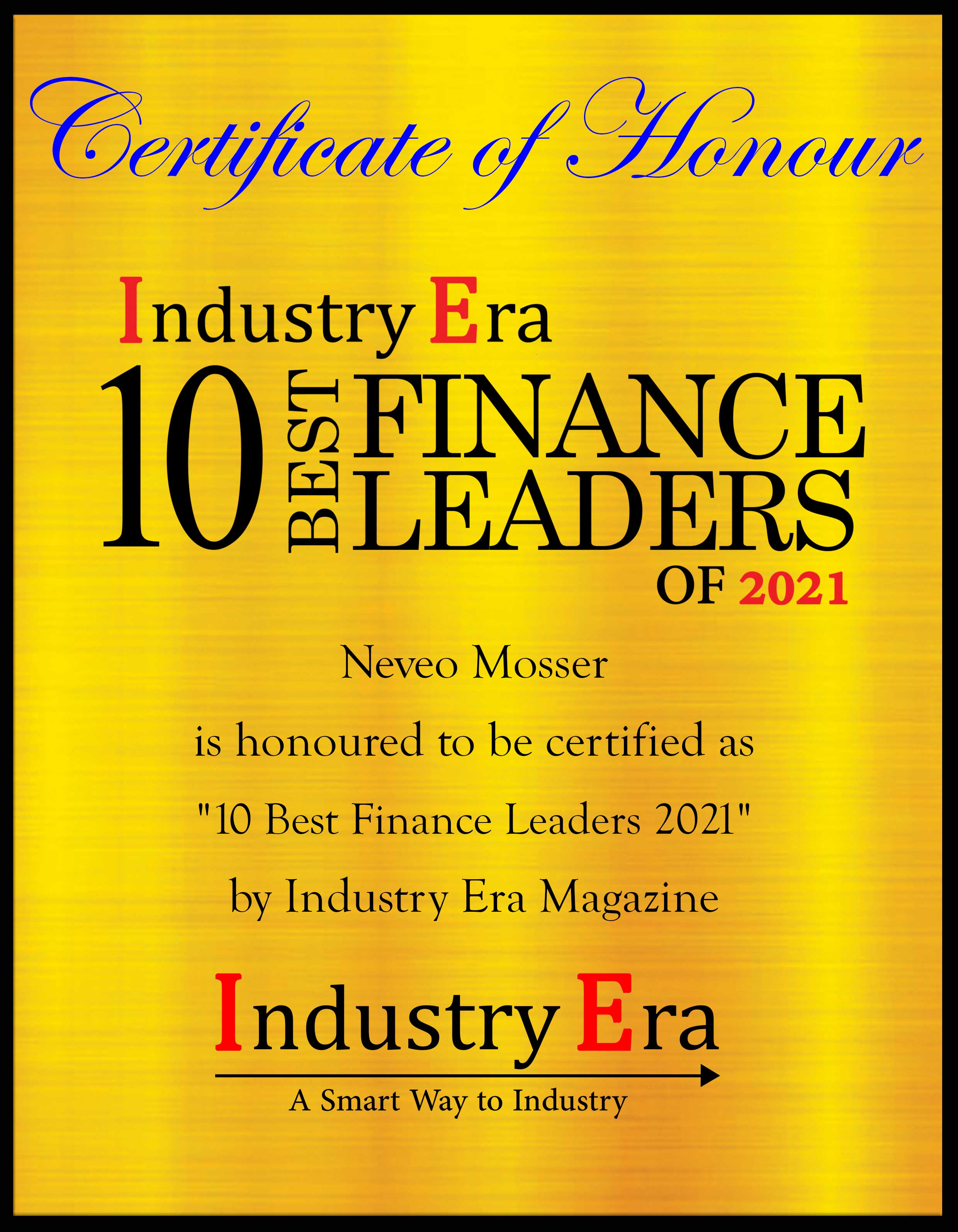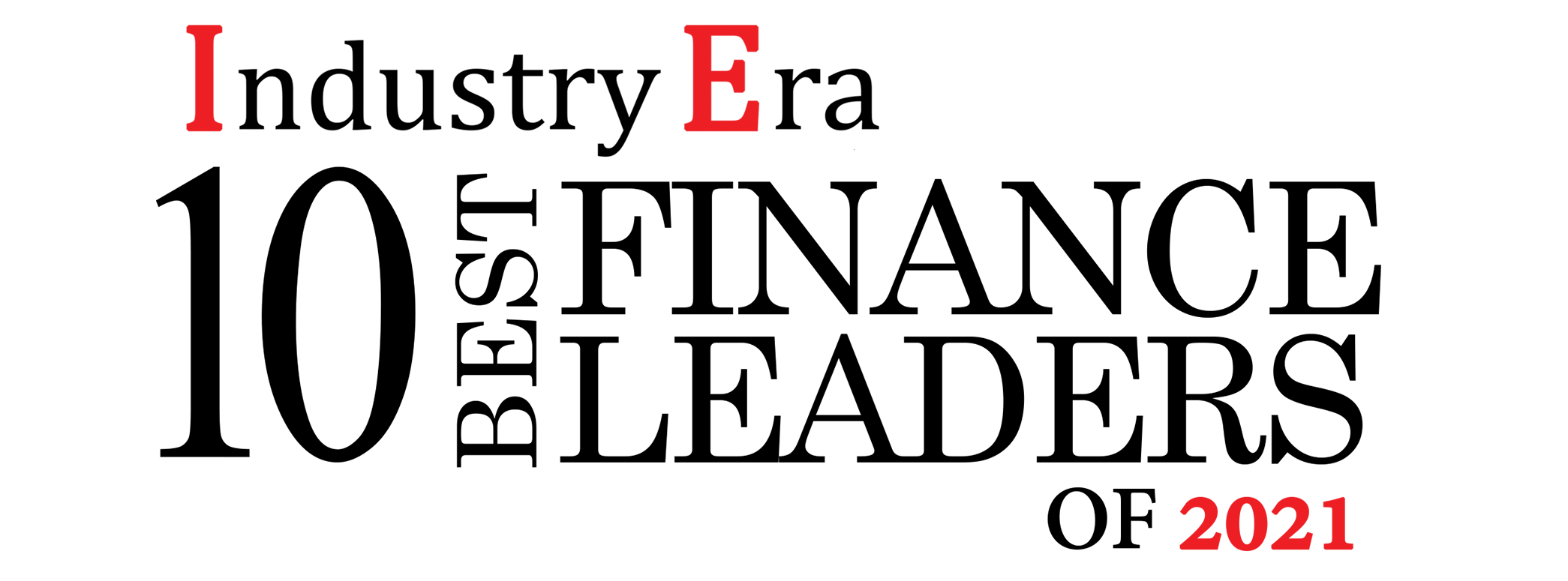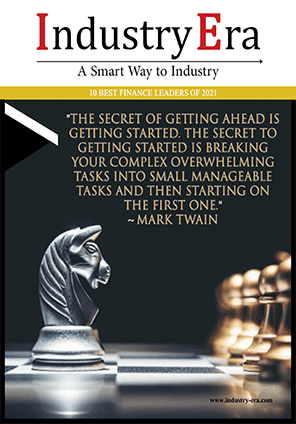
Neveo Mosser
Chairman and Co-Founder of Mosser Capital

“Taking the Broad Approach Toward Diversity Equity and Inclusion”
In real estate and real estate investing, awareness around the need to support diversity, equity, and inclusion (DEI) has risen dramatically. We know the work we do today in the real estate industry around DEI will help us pave the way for women and minorities to be able to build fulsome careers in commercial real estate. Industry leaders must do what they can to advance equity. It’s the right thing to do socially, and by making a financial commitment to DEI, investors can also do well by doing good.
In advancing DEI in their own organizations, companies also become better able to serve a diverse customer base and grow a diverse workforce. According to a study performed by consulting and research firms FSG and PolicyLink called The Competitive Advantage of Racial Equity, “Diverse teams are better able to solve problems and companies with more diverse workforces have higher revenues, more customers, and greater market share.”
Way before DEI was an industry buzzword, my father built Mosser with the intent to invest in diverse neighborhoods in California’s gateway cities of San Francisco, Oakland, and Los Angeles. He hired a diverse staff and kept growing. Now more than 85% of employees self-identify as non-white and the company has more than 100 commercial and ground-floor retail spaces and 3,000 multifamily units.
How'd Mosser do it? The company incorporated DEI at our very foundation and laced it through the company like a golden thread from the founders to the workforce and beyond to residents and communities.
Approach to Diversity, Equity, and Inclusion
As other real estate companies begin to commit to DEI in their organization, their success will depend on how deeply they can embed DEI values in their value system. Leaders must drive DEI from the top down and support the creation of equitable opportunities for all employees, customers, and suppliers and guide the next generation toward proactively living and breathing these values.
Three Main Areas Where DEI Can Be Advanced and Strengthen Business Opportunities
• Workforce.
Based on my experience, I am 100% certain that DEI breeds success. DEI allows companies to stand out and unlock their full potential. By hiring a diverse work force and growing leaders from within, based on merit, rather than just pedigree, there is diversity of thought and problem-solving abilities. Using Mosser as an example, this practice has led the company to achieve great diversity 87 percent of employees identify as part of a minority group. While education is valuable and important, merit and hard work is, too. While all of the real estate companies tap the limited pool of diverse senior professionals within the industry—growing talent from within is important. Basing advancement on merit helps reduce inequities and meet the needs of people of color who have worked hard to develop valuable skills. Not only does it cultivate more productivity, but it fosters a great deal of loyalty and commitment to the company, as well.
• Residents.
The majority of our work is dedicated into investing in highly diverse neighborhoods and delivering the best quality management to lower-income residents who need safe, clean, affordable places to live and shop.
Preserving affordable housing within these communities, and catering to existing residents and newcomers looking for high quality affordable units in diverse and inclusive properties is critical. Supporting ground-floor retail operations that can provide food items and other complimentary services can positively contribute to residents’ quality of life. When companies can improve inequities by providing services that enhance people’s quality of life, we create better, more secure, circumstances for whole populations to rise.
• Community.
Real estate companies play a major role in helping improve and sustain diverse and inclusive communities where they do business. There are so many opportunities for developing and beautifying public spaces where people in the community can connect.
Minorities predominantly make up America’s poorer neighborhoods. Improving the beauty and safety of those communities lifts everyone up. For example, when Mosser created Frederick Douglas Plaza in San Francisco, the company gave the community a park that was not only lovely to be in but also honored a historic figure that was important to residents of the area.
Giving thought to attracting small, local, and primarily woman and/or minority-owned businesses to residential buildings, like an African American barber, an Asian grocer, and a woman-owned lifestyle clothing company, makes neighborhoods vibrant and DEI sustainable.
Finally, consider philanthropic support in key neighborhoods. Financially contributing to community organizations can foster diversity and inclusion and make neighborhoods where we do business better places to live. Some of the types of places we donate include: The African American Cultural Center, The Tenderloin Museum and more.
Jumping on the Right Track
There’s major evidence taking the broad view of diversity, equity, and inclusion, and see increasing momentum from stakeholders in the industry, as well as opportunities for the communities is the right track.
As we navigate this period of national healing and economic recovery, there are opportunities for leaders in the real estate industry to step up and build stronger DEI programs that extend not only to their employees, but to residents and communities, as well. Philanthropy is important—but making DEI a core tenant throughout all business operations can have an even greater effect on the entire industry and our country. IE

Company
Management
Neveo Mosser
Chairman and Co-Founder of Mosser Capital
Description
Mosser Capital is a leading investor, acquirer, and operator of value-add rent-stabilized urban workforce housing in transitioning neighborhoods across major West Coast gateway markets. Since its founding in 1955, Mosser has grown to roughly $1.5 billion assets under management and a portfolio of over 3,000 rental apartments in historical and diverse neighborhoods throughout San Francisco, Oakland, and Los Angeles.

